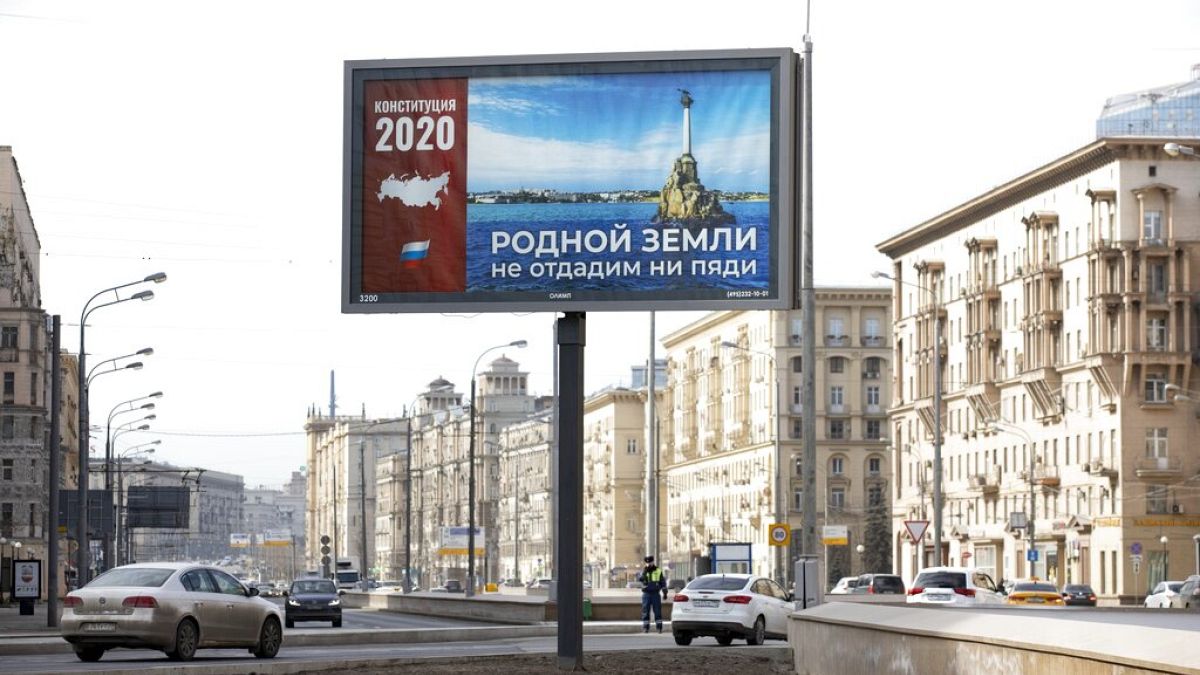The case concerns Ukraine’s allegations of a pattern of violations of the European Convention on Human Rights by the Russian Federation in Crimea.
Europe's human rights court has partially allowed Ukraine's complaint against Russia's actions in Crimea.
It is not a final ruling, but they will make one at a later date.
According to Thursday's press release, the court "found that the facts complained of by the Ukrainian Government did fall within the “jurisdiction” of Russia on the basis of effective control that it exercised over Crimea as of that date.
"When coming to that decision it took into account in particular the size and strength of the increased Russian military presence in Crimea from January to March 2014," it went on.
Ukraine maintained that Russia has exercised effective control over the Autonomous Republic of Crimea and the City of Sevastopol, integral parts of Ukraine, since 27 February 2014.
Ukraine alleges that the violations of the Convention are a result of general administrative practice by the Russian Federation.
The ECHR also found the Ukrainian Government’s account "coherent and consistent throughout the proceedings before it; they had provided detailed and specific information, backed up by sufficient evidence, to prove that the Russian troops had not been passive bystanders, but had been actively involved in the alleged events."
Ukraine has lodged a number of other inter-State cases against Russia, and there are more than 7,000 individual applications concerning events in Crimea, Eastern Ukraine and the Sea of Azov.
Background
Russia's occupation of Crimea in 2014 was the biggest territorial seizure in Europe since World War II and came just weeks after Ukraine's President Victor Yanukovych fled the country for Moscow in the face of the Maidan protests.
After the departure of Yanukovych, who was close to Russia and President Vladimir Putin, Ukraine's new leadership announced that it would sign an association agreement with the European Union.
Following the announcement, armed men - wearing Russian military uniforms but with no official insignia - began occupying key facilities and checkpoints in Crimea. Putin initially denied that these "little green men" were Russians, but later admitted that they were.
By March, Russia had occupied the entire peninsula and on March 16 Crimea voted in a referendum to join Russia by a margin of 96.7%. The vote was later revealed to have been substantially rigged.
